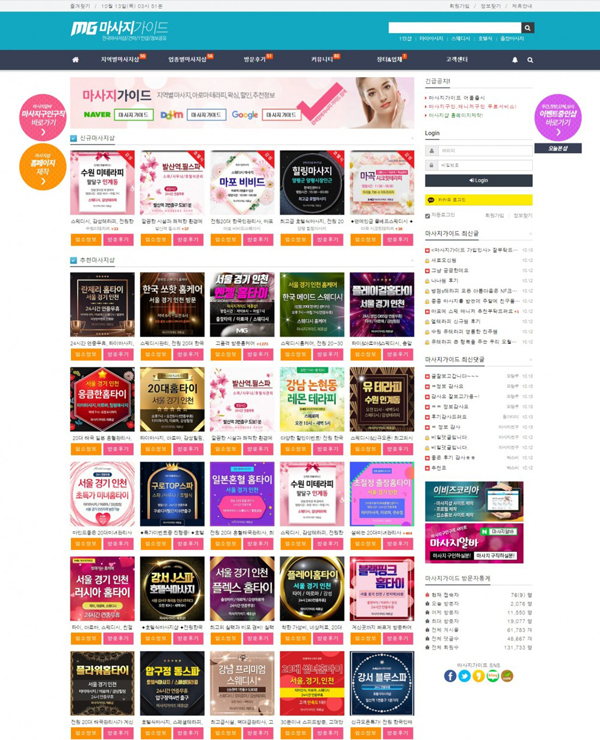Wine Tasting
페이지 정보
Writer Alda 작성일24-12-11 17:49 count25 Reply0본문
| Subject | Wine Tasting | ||
|---|---|---|---|
| Writer | Alda 오피 Solutions | Tel | 3212916413 |
| host | grade | ||
| Mobile | 3212916413 | aldaforrester@live.nl | |
| etc | |||
Wine Tasting
Is wine tasting a skill?
Yes, wine tasting is indeed a skill that can be developed over time. It includes several components that can be honed via practice and schooling.
Here are some key features that illustrate why wine tasting is taken into account a talent:
- Sensory Perception: Wine tasting depends heavily on an individual's ability to understand and differentiate varied aromas and flavors. This sensory perception can enhance with experience.
- Knowledge of Varietals: Understanding different grape varieties, regions, and winemaking methods enhances the tasting expertise. This data may be gained through research and tasting.
- Technique: Proper tasting methods, corresponding to swirling, smelling, and sipping, are essential for a full appreciation of the wine. Learning these techniques contributes to raised tasting expertise.
- Descriptors: Being capable of articulate what is perceived throughout tasting utilizing the best vocabulary is essential. This talent develops over time as one becomes more conversant in various taste profiles and aromas.
In conclusion, with apply, schooling, and a refined palate, people can improve their wine tasting abilities, making it a recognizable and enjoyable ability.

What is the tasting process?
The tasting means of wine involves a quantity of key steps that assist to judge its high quality, aroma, and flavors. This process can improve your appreciation of wine and information you in making informed selections. Here’s a breakdown of the tasting process:

- Observation: Begin by inspecting the wine visually.
- Assess the color, which can indicate the wine's age and grape variety.
- Check for clarity and any sediment.
Swirling: Gently swirl the wine in your glass.
- This releases its fragrant compounds, making it easier to assess the bouquet and nose of the wine.
Smelling: Take a moment to inhale the aromas.
- Identify the totally different scent notes, such as fruit, floral, herbal, and earthy elements.
- Consider how these aromas would possibly affect the flavor profile.
Tasting: Take a small sip and let it coat your palate.
- Pay consideration to the initial flavors and how they evolve.
- Note the acidity, sweetness, bitterness, and tannins current in the wine.
Identifying characteristics: Analyze the physique and finish of the wine.
- Consider whether or not the wine is mild, medium, or full-bodied.
- Evaluate the length of the end; an extended end typically signifies greater quality.
Overall Impression: Finally, summarize your ideas.
- Decide whether you enjoyed the wine, the method it compares to others you've tasted, and any specific notes you want to remember.
By following these steps, you can interact more deeply with the wine and develop your palate over time.
What is wine tasting session?
A wine tasting session is a structured occasion where members taste and consider numerous wines. These periods could be held in vineyards, wineries, or even personal houses, and are often guided by an skilled who introduces different wine varieties and the nuances associated with each.
Key Elements of a Wine Tasting Session
- Selection of Wines: A various range of wines is chosen, typically based mostly on a theme, similar to region, grape variety, or style.
- Tasting Process: Participants assess the wines using their senses: sight, scent, taste, and even really feel.
- Discussion: Information about every wine's origin, manufacturing methods, 오피커뮤니티 and flavors is shared, encouraging dialogue amongst individuals.
- Food Pairing: Tastings might include meals pairings, enhancing the wine experience and showcasing complementing flavors.
Benefits of Wine Tasting Sessions
- Enhances appreciation for various wine types and regions.
- Educates participants about wine-making and tasting techniques.
- Encourages social interplay and pleasure amongst wine lovers.
- Helps people refine their palate and develop personal preferences.
Overall, a wine tasting session is a pleasant expertise that combines training with enjoyment, allowing members to explore the wealthy world of wines.

 JOIN
JOIN 





